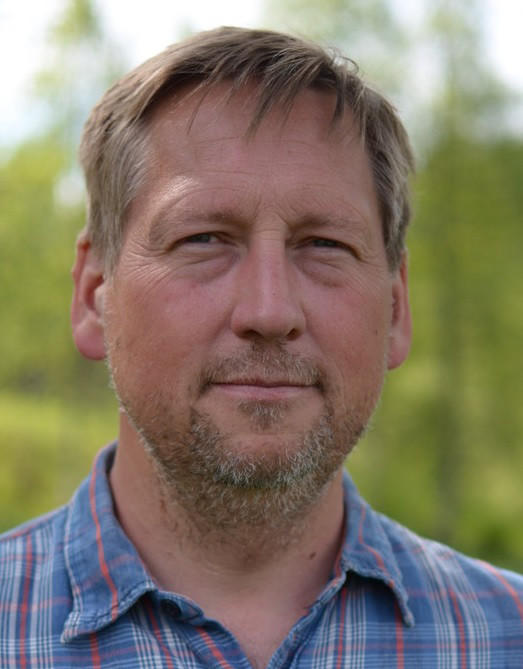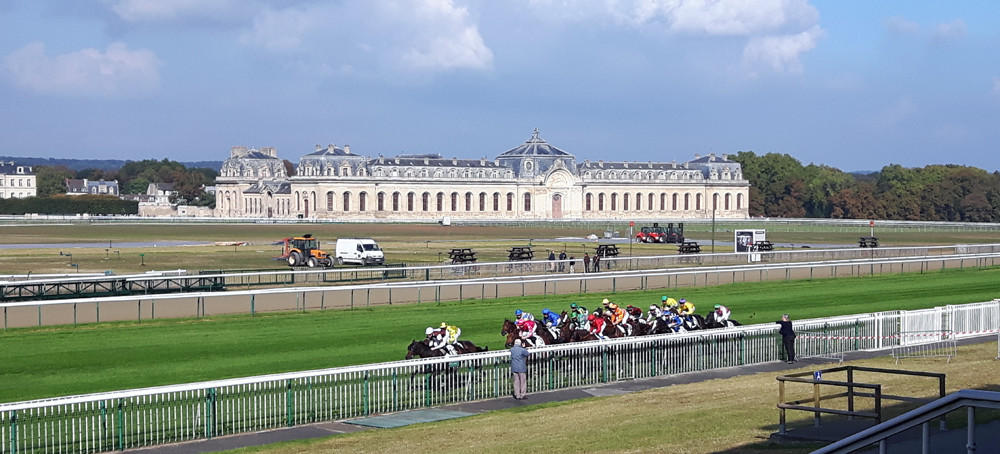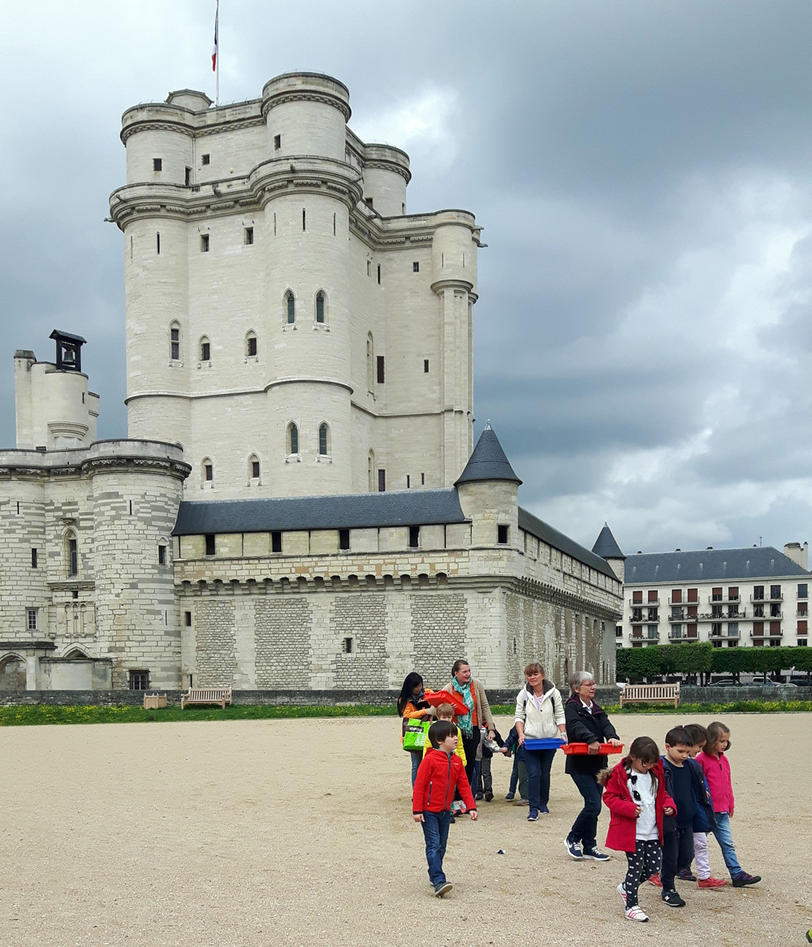Meet the researcher: Knut Mikjel Rio
Professor Knut Rio's contribution to the Egalitarianism project concerns the question of wealth. Read more about his research project here.

Hovedinnhold
When we normally speak about wealth we tend associate it with money, commodities, or real-estate. But our intention is to point out how wealth is also a much older and richer concept, a more culturally laden concept, than what we have in mind when we talk about money and property.
What is wealth?
In a certain way wealth is an almost spiritual principle – it is that which conceals itself behind these visible forms of capital. It is entrenched in the history of a family estate or the mythological narrative of a corporate magnate or the industrial adventure of a nation. In this sense it gets a lot of attention, but it is not really accessible anywhere. It is merely a shadow lurking behind the scenes.
Just as the English word wealth originates from a concept of wellbeing – there is still a certain longing in contemporary society for getting close to wealth. This actually often means forgetting, or bypassing the monetary aspects, and trying to get intimate with the wealth itself – as the generative and spiritual principle that it is: That which gives life, health, prosperity and wellbeing. But how can we get close to wealth – without having money, status or without having to go through paid labour? I am investigating several practices where I think that the intimacy with wealth is key.
Gambling and the intimacy of wealth
One of the things I investigate is gambling - gambling in all forms, from lotteries to horseracing, casino, to online poker. Gamblers spend their money, but in exchange for what exactly? For the big prize, certainly, but also for spending time in the intimacy of the wealth. In the big tourist and leisure destinations such as Las Vegas there are entire floors with slot machines or poker tables, filled with wealth. The house always wins, of course, so you don’t normally get to take it with you, but you can spend your time in that zone where wealth is within view.
Through looking at gambling - and other practices where people try to bypass work and money in order to access wealth - I am trying to think differently about the egalitarian search for equal distribution, and the more everyday breaks with or escapes from inequality, money and work. Specifically I will follow this into a view of cultural heritage as another site where people can get close to wealth. When wealth in the form of palaces, estates, aristocratic heirlooms and sacred objects are made available to the public through state institutions such as museums and parcs it becomes interesting to investigate what kind of egalitarian social spaces these sites become.


